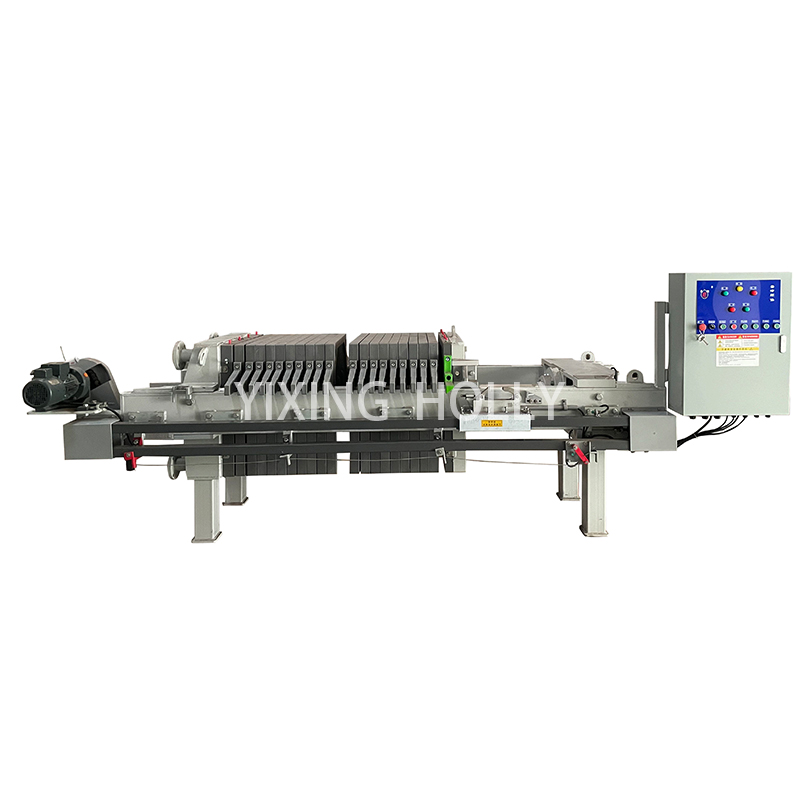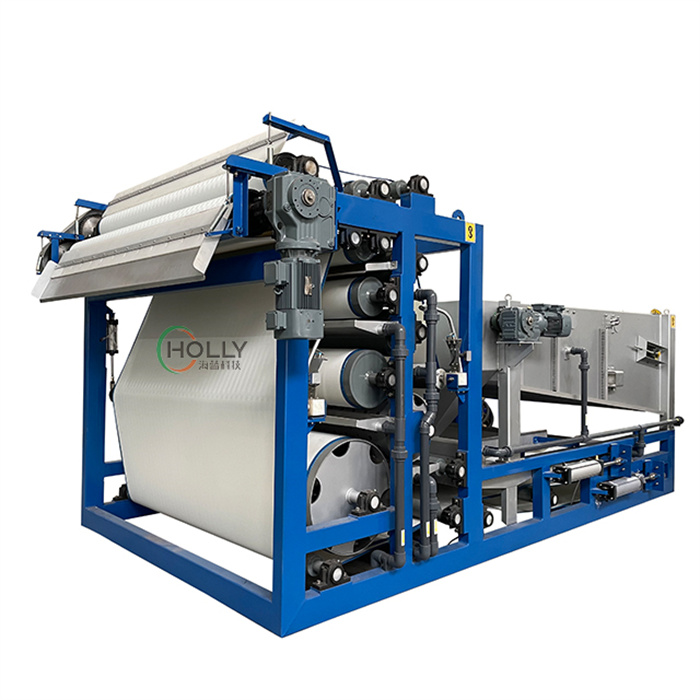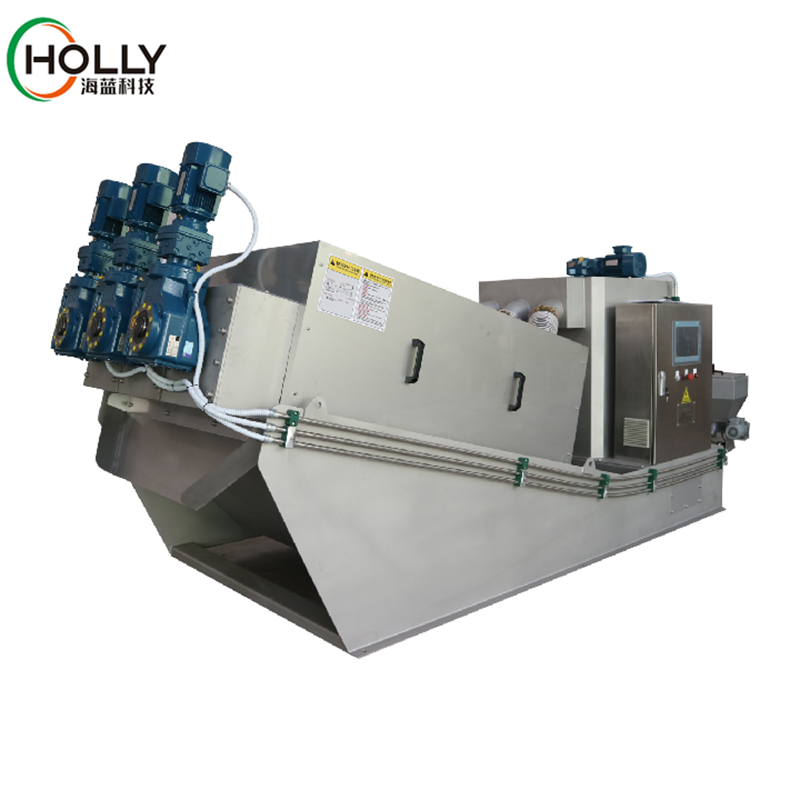If you use three hot words to summarize the 2012 Chinese auto industry, "joint autonomy" is probably one.
Sludge Dewatering Machine
Sludge Dewatering Machine can be provided with all equipment required for dewatering included and factory mounted, piped and wired on a single stainless steel skid. This equipment includes the sludge pump, wash water pump, Polymer Dosing System and control panel. The system features fully automated one pushbutton startup and shutdown. Once started up the system can run unattended and can be set to shutdown automatically with no operator intervention.
Sludge Dewatering Press,Dewatering Screw Press,Sludge Machine,Wastewater Equipment,Sludge Dewatering Screw Press YIXING HOLLY TECHNOLOGY CO.,LTD. , https://www.watertreatment-machine.com
"If the joint venture's independent innovation is excluded, it is tantamount to excluding the main force of China's automobile manufacturing, which means that the subject of China's automobile development will cease to exist." On September 1 this year, Vice Minister of Industry and Trade Su Bo in 2012 At the International Forum on the Development of the Chinese Automobile Industry (TEDA), the publicity for the first time has been expressed, and the topic of “joint venture autonomy†that was originally silent has once again become the focus of discussions in the industry.
Therefore, the Ministry of Industry and Information Technology's position that “jointly autonomy†should be treated equally has triggered the industry’s discussion and “reflection†of the “joint autonomy†model. However, when the dispute has not subsided, Dongfeng Motor (600006) and Changan Automobile (000625) have successively thrown out a new model of “joint venture autonomyâ€â€”introducing the Chinese parent company brand and developing a joint venture company’s own product system. This is interpreted as the greater expectation of the National Development and Reform Commission and the Ministry of Industry and Information Technology for joint ventures.
The second way
After Dongfeng’s idea of ​​a “joint autonomy†new model was reached, Chang’an Automobile also announced in the following week that it would jointly sell its own brand reverse output technology to Chang’an Mazda.
“This is the result of a difficult negotiation between the Chinese and foreign parties, and it is also a beneficial exploration of joint ventures.†An insider in Chang’an said that Chang’an’s proposed new model for joint ventures will adopt a “reverse transfusion†approach from the past in the form of joint ventures. The introduction of products has shifted to joint venture development, and the use of the Chinese parent company's brand has started. However, questions such as whether or not to use the “flying wing†logo and which channels to sell are currently still under research and are not yet clear.
The insider stated that the current general R&D of independent product R&D is applied development, and did not take the platform or core technology development to the joint venture. Basically, it is still dominated by foreign technology and it is difficult to enhance the R&D capabilities of the joint venture company. The joint autonomy model promoted by Changan will be a new attempt.
It is worth noting that after Dongfeng and Chang'an successively launched a new model of "joint venture autonomy", a bigger background is that this year, as the auto market has entered a state of micro-growth, autonomous brand passenger cars have occupied the market for five consecutive months. The rate has declined, especially in July, and its market share has hit a new low since September 2008. All major auto makers are appealing for government support policies on different occasions. On the other hand, since the beginning of this year, brands such as VW and Kia have also announced their plans to launch the existing “joint-venture†brand SAIC-GM-Wuling Baojun, Dongfeng Nissan Kai Chen, Guangben Concept, and Dongfeng Honda Siming. Independent brand news.
And behind the new ideas of Dongfeng's "autonomy", it is also the promotion of the "grand autonomy" strategy. In December last year, Dongfeng Motor released the medium-term plan named "Dry D300", which has thrown its own brand to achieve 3 million within five years. The production and sales targets of the vehicles.
In Dongfeng Motor’s “large autonomy†strategic framework, it includes three major sections, among which, Dongfeng Fengshen and Dongfeng Xiaokang are the main battlefields, and Zhengzhou Nissan and Dongfeng Liuzhou are the first sections of the auxiliary battlefield. The goal is to achieve 120 in 2015. The second segment is the Nazhijie brand that is cooperating with Yulon in Taiwan. It plans to achieve sales of 200,000 units in 2015. The third sector is a joint venture independent brand. This part includes the independent brands of joint ventures such as Dongfeng Nissan, Dongfeng Honda, and Shenlong. According to Dongfeng's plan, this sector will reach 400,000 units in 2015. It can be seen that "great autonomy" in the next five years will become a "top priority" for its development.
It can be expected that in the future, with the expansion of Baojun, Kai Chen, and other concepts, the company will expand the product line of its own brand, including Shanghai Volkswagen Tianyue, FAW-Volkswagen Carrier, Dongfeng Yueda Kia, and other second-generation joint-venture brands. Since its advent, the living space of traditional independent brands will be further squeezed. The Dongfeng and Chang’an “joint autonomy†new model may open up a “second way†for independent brands.
The core technology is still the key
In fact, due to the early “joint autonomy modelâ€, it was common to re-establish a brand within the joint venture company. The product was built on the basis of the old model of the foreign company of the joint venture company. This model has caused "joint venture autonomy" to be in awkward position since its birth. Not only has it been criticized by the industry as "new bottled old wine" - it has not innovated, and it has crushed the living space of local self-owned brands.
This time, whether Dongfeng chose to use the technology and platform of the joint venture company to develop Fengshen’s own brand, or Chang’an chose to provide technology to the joint venture company and promote its own brand through the Chang’an Mazda joint venture, it was considered as a “joint venture†in the past. "Autonomic" a breakthrough.
“The lack of self-owned brands is not a technology, but a quality. The standards of independent brands on matching, production, technology, and monitoring may already be good, but there is still a gap compared with joint ventures. If you let a joint venture produce its own brand, you can improve your independence. The brand's production and supporting system." For the Changan and Dongfeng "joint autonomy" new mode of practice, veteran car commentator Zhang Zhiyong believes that this will help independent brands to better absorb the joint venture's management and production system experience.
However, there are also people in the industry who are concerned about the future of these two independent new models.
"Whether or not you develop your own brand in any way is good. In the final analysis, you must build your own core competitiveness system, and through a benign cycle, continue to accumulate, and form a continuous competitiveness, you can become a real automobile power." Industry commentator Sun Xiaohong believes that the joint venture's introduction of products from foreign parties to China and foreign companies to jointly develop and jointly own technology and brand, is a progress. In Dongfeng Passenger Vehicle's three self-owned brand systems, Dongfeng jointly develops new models with foreign companies and joint ventures. The plan to import the “Shuangfeiyan†brand is indeed different from the previous model, but it is truly necessary to achieve market success in the future. Still need to pay attention to the construction of the entire independent industrial chain.
“Actually, the Dongfeng model is similar to FAW Pentium’s way, adopting the Mazda 6 technology platform and selling the Pentium brand logo. In the early days, this practice quickly increased Pentium’s sales volume, market share, and brand reputation. However, after Mazda 6 significantly reduced prices, Pentium sales fell sharply.†Sun Xiaohong believes that because of the lack of follow-up technology support, Pentium brand's stamina performance is weak, this joint autonomy model is still lack of core competitiveness, the future, whether it is Dongfeng mode also Well, Chang'an model is also good, to achieve sustainable development, in the core technology still can not afford to work hard.
To help develop its own brand, Dongfeng Motor first acquired Sweden's T Engineering AB in the first month, set up its first overseas R&D center, and announced a joint venture with GETRAG International to jointly develop a low-torque DCT gearbox. Through the acquisition of R&D institutions and the joint venture of key parts and components to deepen the industrial chain, it injects the follow-up momentum for its own brand strategy. 


April 08, 2023